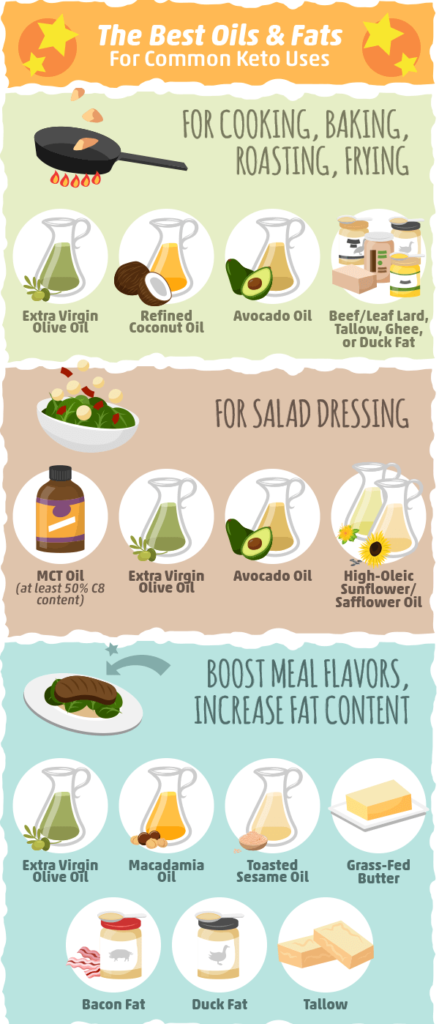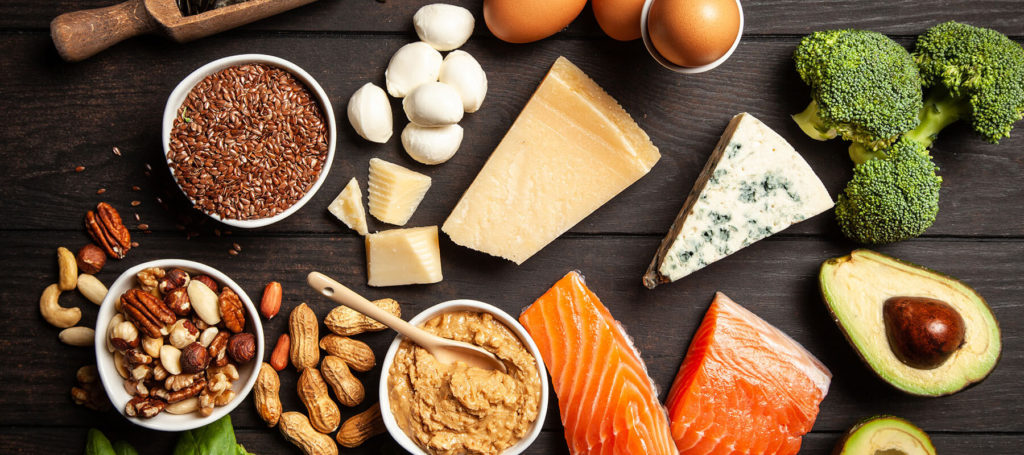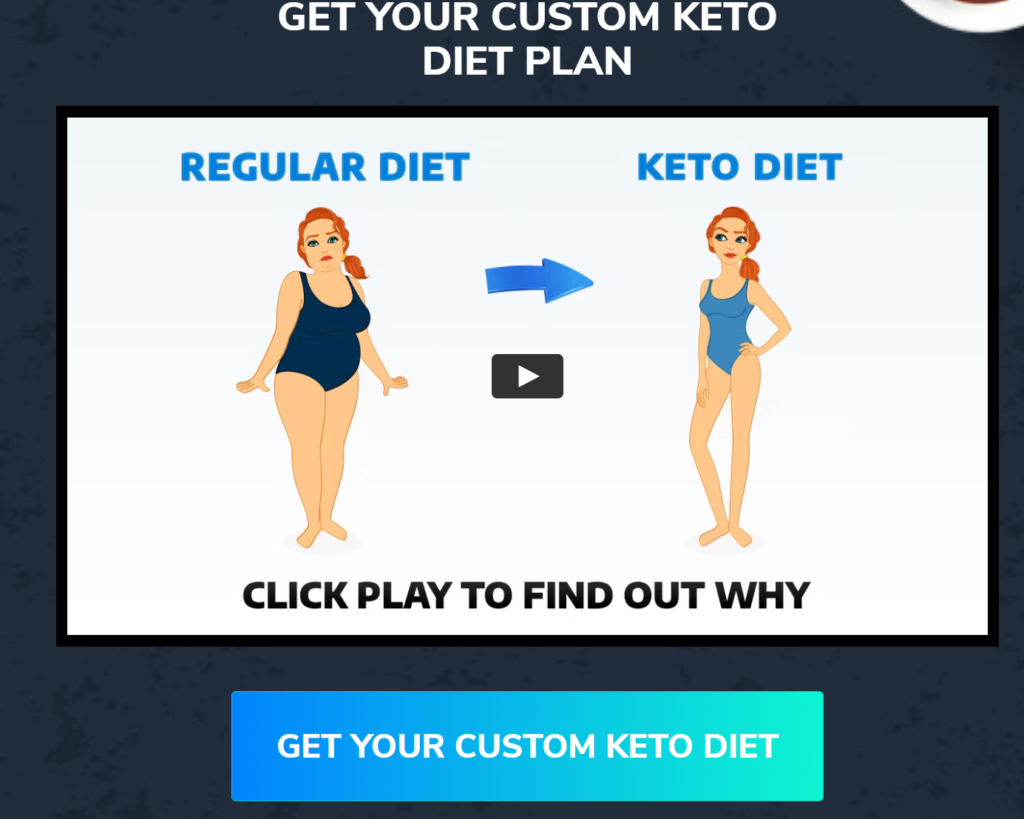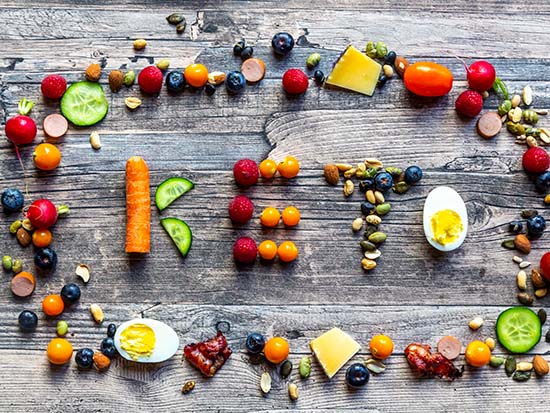- Do not intend to consume three meals per day.
Your appetite may be reduced in the early stages. Melia Robinson/Insider Business
People on a keto diet should expect an overall drop in their appetite once they enter ketosis and should not plan on their regular three meals a day, according to Kristen Mancinelli, MS, RD, author of “The Ketogenic Diet.”
“Ketones suppress your appetite.” So, if you’re following the ketogenic diet right, you won’t want to consume a whole meal for breakfast, lunch, and dinner,” Mancinelli explained. “Don’t stress yourself out trying to arrange three meals a day; you’ll probably just want two.”
According to Mancinelli, the appetite suppressant effect can take anywhere from a few days to a few weeks, depending on the individual’s genes, exercise level, and how they were eating before to starting the program.
- Always finish with a drizzle of olive oil or avocado oil.
Many people fail or become irritated with the keto diet because they do not consume enough fat (or enough of the right kinds of fat).
“On a ketogenic diet, you really need to adjust your fat consumption. “A common mistake that individuals make is that they only eat saturated fat, which is found in animal products and dairy,” Mancinelli explained.
One approach to avoid this is to add a liberal amount of olive oil or avocado oil to your meals, according to Mancinelli. According to The Mayo Clinic, olive oil is strong in monounsaturated fatty acids, which are good fats. According to Healthline, avocado oil contains comparable fatty acids.
“People are eating too many unhealthy fats, such as bacon, deli meats, sausage, fatty meats, butter, and lard,” Tracy Lockwood Beckerman, RD, told Business Insider. This is bad for your heart and blood pressure, and it can even create stomach problems, according to her.

- Halve your protein amounts.
One widespread misperception regarding the keto diet is that it is abundant in protein, which is not always the case. Many people become irritated with the diet because they believe they are consuming few enough carbs to achieve ketosis, but they don’t realize it is an excess of protein that is preventing them from attaining ketosis and losing weight.
Mancinelli advised the average person trying the keto diet to cut protein portions in half. “The average person consumes an eight- to ten-ounce steak. “You should consume about four ounces,” Mancinelli advised.
- Pay attention to your body.
Because the keto diet is so limited, it’s easy to become overwhelmed by all of the numbers and tools available. According to Mancinelli, there are a few threshold figures to follow, but it’s more crucial to pay attention to how you feel overall.
“I normally advise folks to begin by taking less than 20 grams of net carbohydrates. Then you wait for the transition symptoms, which most people will experience within a few days. And when they’re finished, you’ll feel fantastic,” Mancinelli remarked.
“You must pay special attention to your feelings, energy levels, and mental clarity.” Because you’ll be hazy at first, and then it’ll be like a cloud is removed,” she explained.
- Learn to make a few go-to recipes and fat-rich sauces.
A classic diet trap is having difficulty sticking to it because you get bored eating the same items over and again.
As much as you may enjoy avocados and eggs right now, you will quickly grow tired of them. This is why Mancinelli recommends that anyone beginning the keto diet learn a few go-to meals as well as certain fat-rich sauces, such as pesto or lemon-cream sauce.

- Understand the carbohydrate content of your favorite vegetables.
Veggies, especially green ones, are not allowed on the keto diet. It may seem strange to measure out your spinach, but Mancinelli insists on it.
“Most veggies are solely carbohydrate, even though they’re a small amount of carbohydrate for the amount of food you’d eat. Consider the five or six green veggies you consume the most frequently and look up the carb levels in one serving. And that will be in your thoughts all the time, and you’ll know how many cups you can have,” Mancinelli explained.
Essentially, in order to enter ketosis, you must still count the carbs in your vegetables.

- Always do what is best for your health.
If you’ve been attempting the keto diet and are unhappy or feel like things are getting out of hand (i.e. you’re obsessing about food and macros), it might be time to reassess if the keto diet is suited for you.
“Just because keto is trending and celebrities are doing it doesn’t mean it’s suitable for you,” Beckerman said.
“I’ve seen clients start keto because a buddy advised it, or they watch Kourtney Kardashian do it effectively and realize they’re establishing a bad relationship with food,” Beckerman said.
- Be aware of the dangers.
Some experts are cautious to completely support the keto diet, while others believe it is totally safe for the right person if closely monitored. As previously reported by Business Insider, the keto diet can increase the risk of renal problems in some circumstances.
Furthermore, if you’re attempting to conceive, you should examine whether keto is good for you. “You’re also at an increased risk of missing key nutrients like folate, which is essential for people trying to get pregnant or who are pregnant,” Beckerman added.
Bottom line: If you want to try keto but are concerned about your health, it’s advisable to visit a professional first. “Before embarking on the keto diet, speak with a certified dietitian and your health care practitioner to learn more about the potential hazards,” Beckerman advised.
Want a custom made Keto Diet Plan made for you? Click here


